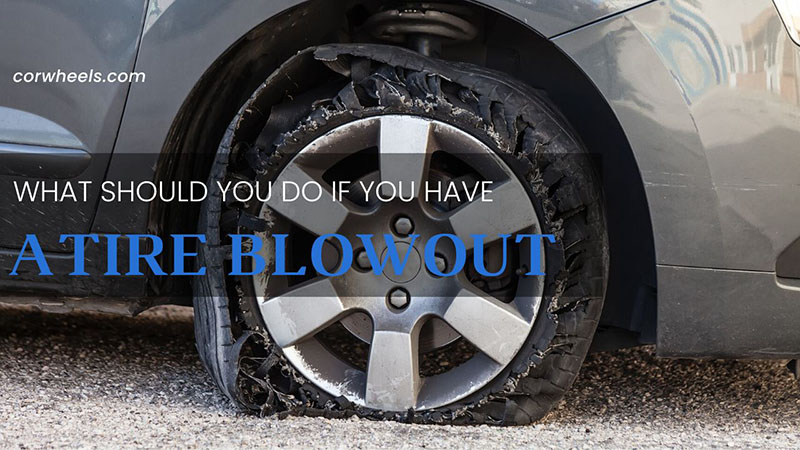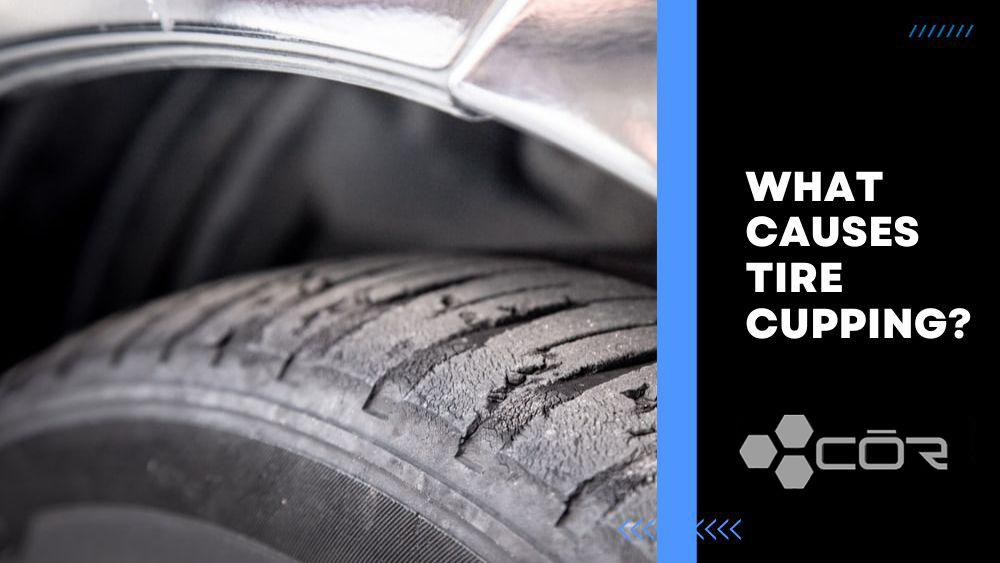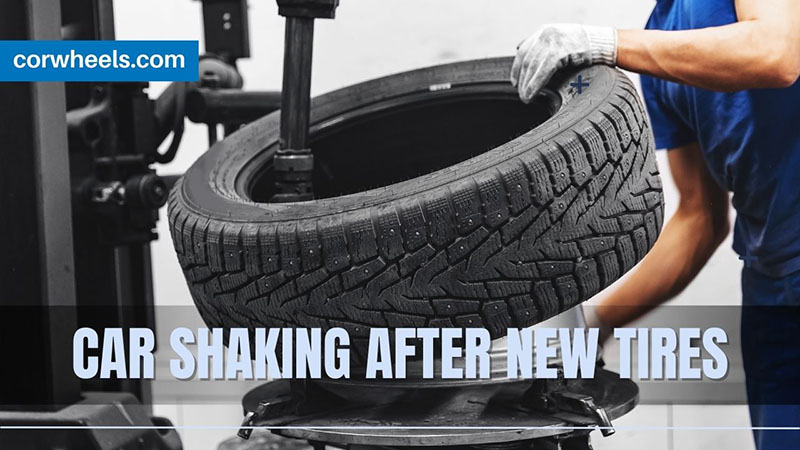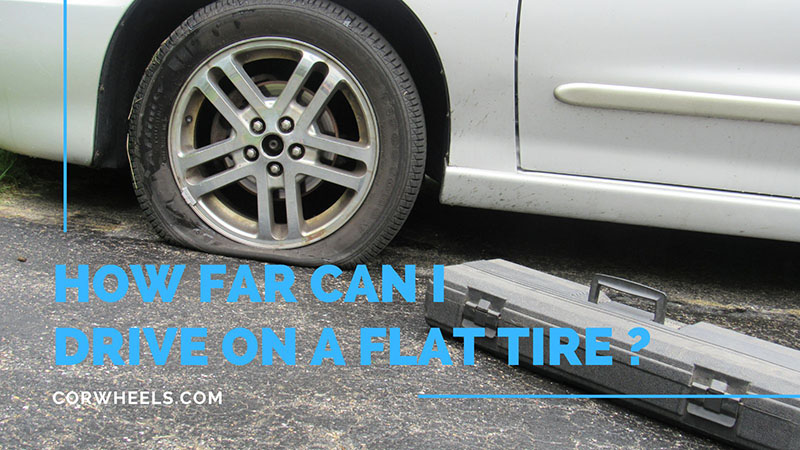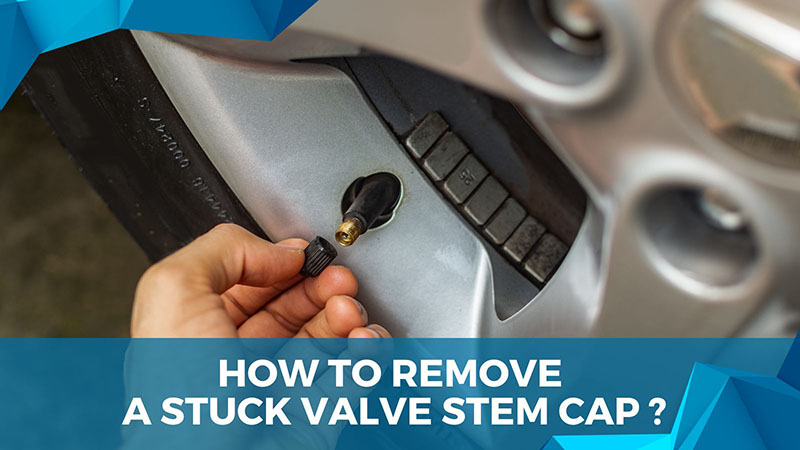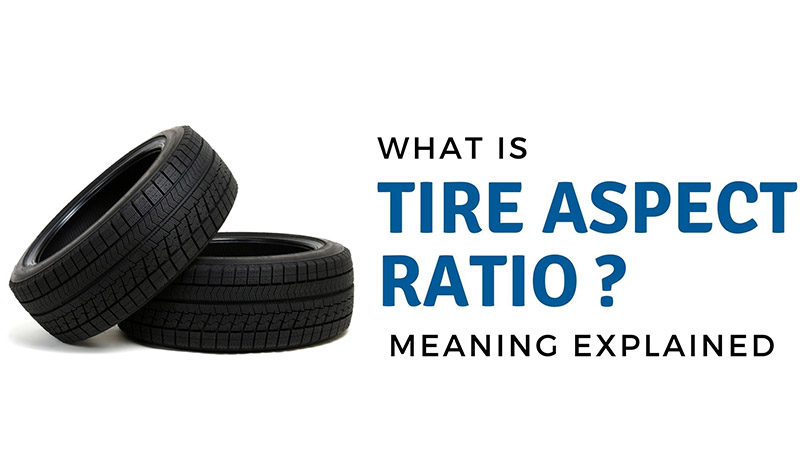A blowout occurs when a tire suddenly bursts or loses air pressure, causing the driver to lose control of the vehicle. Let’s review the steps you should take if you experience a tire blowout while driving.
In this article:
What Does A Blowout Sound And Feel Like?
In the event of a tire blowout, you will normally hear three distinct sounds. Depending on the specific case, they can differ, but initially, you can hear a loud boom or thud from the tire popping, reverberating throughout the automobile.
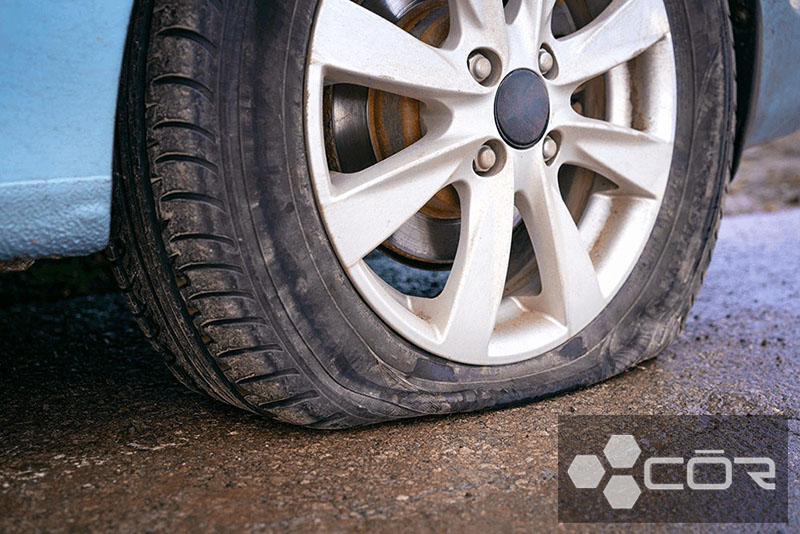
The sound of air swiftly releasing from the tire or a whooshing sound may then be heard. Finally, you might hear the flat tire repeatedly slapping against the pavement.
Your car’s steering wheel should be where you feel the force the most. Once there is a rear tire, the car’s body or seat should feel it more. The same thing will happen when the blowout occurs in the front or the back.
Also, your automobile will pull you to the left or right if a front tire blows out as the steering wheel begins to rattle. The car will rock back and forth when a rear tire blows out.
What Causes A Tire Blowout?
Blowouts can occur for a variety of reasons. You can face a blowout whenever your tire develops a hole or ruptures and abruptly stops inflating. The following are the most typical causes of blowouts.
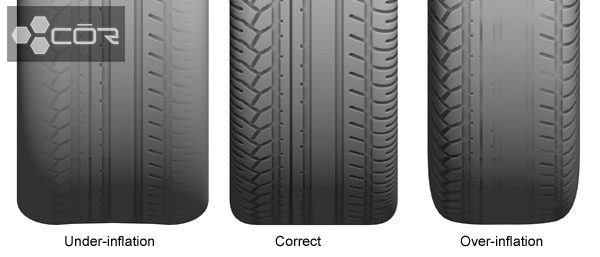
- Low pressure: You might be shocked to find that the most common reason for tire blowouts is underinflation of the tire. A tire’s parts flex more than intended when it isn’t inflated properly. Moreover, the tire and road experience more friction, which generates excessive heat that erodes your tire’s materials.
- Overloading: Overinflated tires with excessive weight can exert undue pressure on the parts. This can potentially trigger a blowout.
- Poor road conditions: Your tires could sustain significant damage if you run into a pothole, curb, or roadside nail. Blunt forces, such as running into a pothole, could harm the tire’s internal parts. The tire’s walls could be punctured by sharp items like nails or shattered glass, leading to a blowout.
Having A Blowout While Driving: What You Should Do?
Experiencing a tire blowout while driving can be a scary and dangerous situation. A tire blowout can cause a sudden loss of control, probably ending up with an accident. If you have a blowout while driving, you should follow the steps below to stay safe and minimize damage.
Right After You Notice A Blowout
- Take both hands off the wheel and hold it firmly.
- Keep your car moving at the same speed if it’s safe to do so.
- Release your accelerator gradually.
- If required, adjust the steering to stabilize the car and restore control. Gaze at the direction you wish to take the car, then turn in that direction.
- When your car has stabilized, keep slowing down and pulling off the road as you see fit.
After Pulling Over
- Ensure you’re safely off the traffic and away from danger before leaving your car.
- Turn on the emergency flashers/hazard lights.
- Call roadside assistance.
- You can replace the blown-out tire in case you have a spare tire and the necessary tools. Notice that a spare should only be used in extreme circumstances, not for extended trips or fast driving.
How To Prevent Tire Blowout
The NHTSA (National Highway Traffic Safety Administration) warns that improper tire maintenance or underinflated tires can result in tire blowouts and tread separation. Because of this, it’s essential to rotate your tires regularly and have a tire checkup.
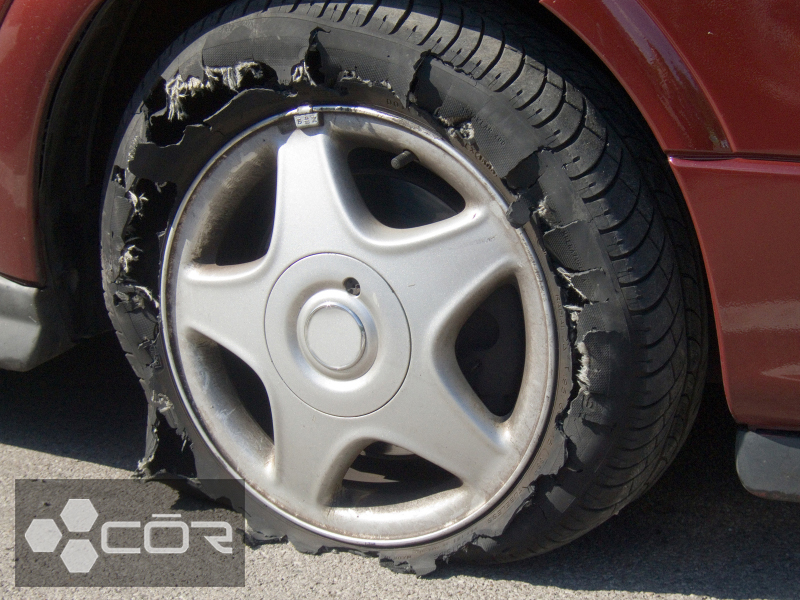
To find out the optimal PSI for your vehicle, see your owner’s manual. Here’s a tip: check the tire pressure in the morning for a more precise reading.
Also, be a careful driver and watch out for potholes, heavy objects, and other dangerous items that could lead to a blown tire, in addition to performing proper maintenance.
Frequently Asked Questions
Is Blowout A Common Issue?
Yes. Accidents involving tire blowouts are more frequent and hazardous than you may imagine. The National Transportation Safety Board estimates that tires are a contributing factor to 33,000 incidents per year. 2,000 of them have to do with blowouts.
Does Insurance Cover A Blowout?
It depends. Auto insurance covers specific types of abrupt and accidental tire damage. Your motor insurance policy will determine whether you are protected if a tire blows out. You must speak with the insurance provider for information on coverages and exclusions.
The Bottom Line
Experiencing a tire blowout can be a frightening and hazardous situation. However, if you follow our safety guide above and maintain proper tire maintenance, you can minimize the risk of an accident and stay safe on the road.

